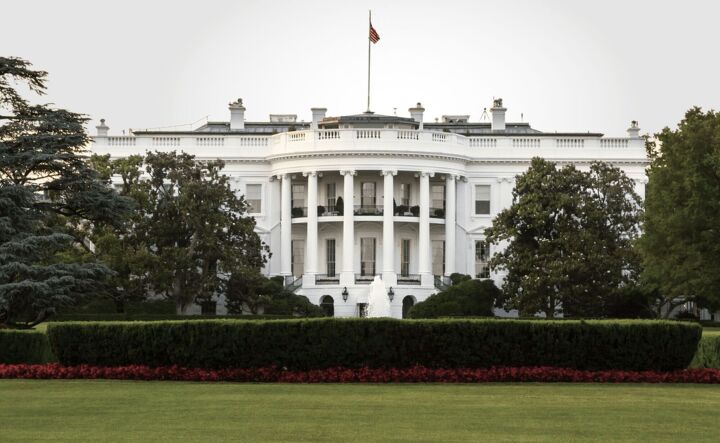
On Thursday, the Biden administration announced plans to investigate the potential national security risks being confronted by American automakers and any threats posed by connected vehicle technologies controlled by foreign adversaries — including China.
With the issue having been front-and-center in the minds of legislators and industry groups for months, the White House is reportedly taking action regarding China’s determination “to dominate the future of the auto market.”
The relevant press release from the Biden administration stipulates that China may rely on “unfair practices” and policies that could “flood our market with its vehicles, posing risks to our national security.”
Most cars these days are “connected” – they are like smart phones on wheels. These cars are connected to our phones, to navigation systems, to critical infrastructure, and to the companies that made them. Connected vehicles from China could collect sensitive data about our citizens and our infrastructure and send this data back to the People’s Republic of China. These vehicles could be remotely accessed or disabled.
China imposes restrictions on American autos and other foreign autos operating in China. Why should connected vehicles from China be allowed to operate in our country without safeguards?
So today, I am announcing unprecedented actions to ensure that cars on U.S. roads from countries of concern like China do not undermine our national security. I have directed my Secretary of Commerce to conduct an investigation into connected vehicles with technology from countries of concern and to take action to respond to the risks.
The Chinese government has conducted similar investigations into American brands. Tesla vehicles were once prohibited from parking at military bases after concerns were raised that their exterior cameras and permanent connectivity features allowed for data harvesting that could be used to help the United States spy.
As previously reported, China’s BYD is likewise plotting a course to establish a facility in Mexico that would build all-electric passenger vehicles. This has sent various legislators and industry groups into a tizzy, though the United States has been introducing prospective policy changes to bar the Chinese from getting too comfortable within the automotive and energy sectors — at least those operating within the confines of North America.
China has long taken similar efforts to do the same to American brands vying to operate within its borders. While foreign automotive brands are relatively common in the Asian country these days, the Chinese government has historically forced all outside entities into creating joint ventures with domestic brands in order to do business. Despite China and the United States having a massive trade relationship, there remains a massive trade deficit that advantages China.
In 2022, the U.S. goods and services trade deficit with China was over $367 billion. Though some would argue this is the result of the United States spending decades offshoring production and becoming dependent upon foreign entities to provide goods associated with entire business sectors (e.g. medicine, textiles, home electronics, etc). It’s worth noting that the industries that the U.S. government seems particularly concerned with are those that remain influential on the domestic market — most notably energy and automotive.
Biden promised that he would “do right by autoworkers and middle-class families” dependent upon the continued existence of domestic labor. He also said the government would take additional actions to ensure the future of the automotive industry would be made in America, adding that connected vehicles from China could collect sensitive data about U.S. citizens and infrastructure. However, nothing was said about the data harvesting used by domestic companies which many (including your author) have said are completely unacceptable invasions of privacy. The same seems to go for foreign-owned brands that have been deemed friendly by the U.S. government.
[Image: The White House]
Become a TTAC insider. Get the latest news, features, TTAC takes, and everything else that gets to the truth about cars first by subscribing to our newsletter.

